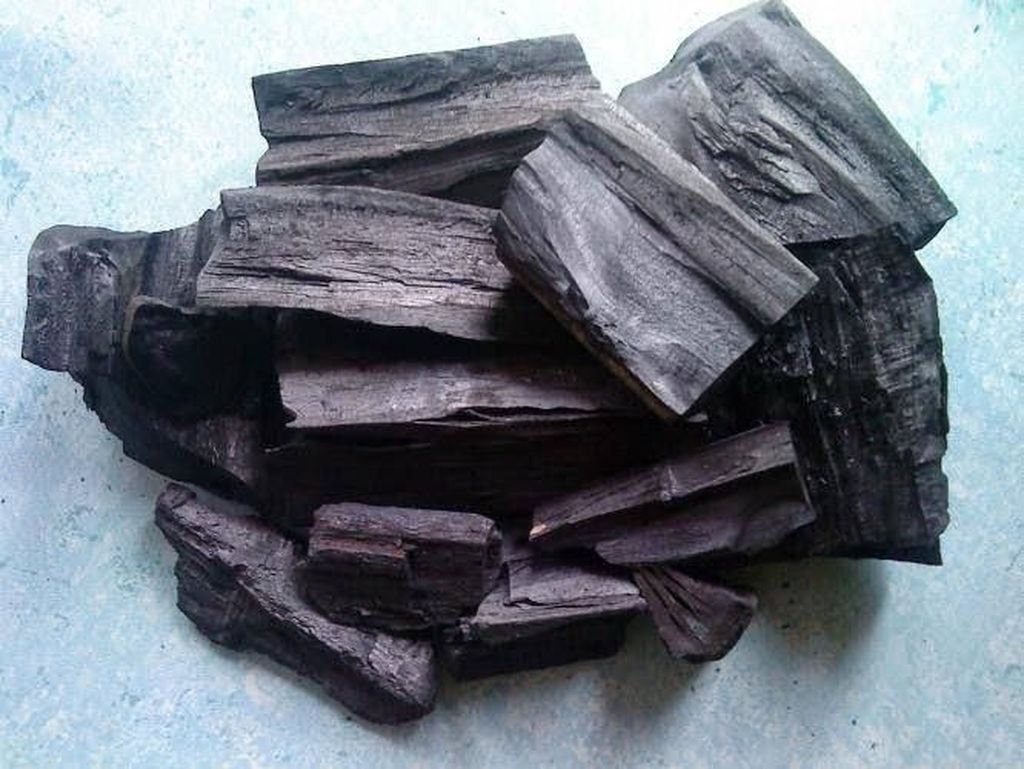We often hear the question of what is the function of charcoal in water purification. So is it true that charcoal can actually purify water? Let’s see the following Sinaumedia review !
What is Charcoal?
Charcoal itself is a black residue which contains impure carbon compounds. Charcoal can be obtained by removing the water content and volatile compounds/components from plants and animal bones through the combustion process.
The form of charcoal is almost like coal consisting of 85% to 98% carbon, the rest is in the form of ash and other chemical compounds . There are several basic ingredients for making charcoal such as wood, bones, coconut shells, rice husks and so on.
The Function of Charcoal in Water Purification
If you have studied science, you must have done water purification techniques using sand, gravel and stones, right? Can the water you filter be perfectly clear? Of course you can’t! Then why is that? The reason is because the material you use does not contain activated carbon compounds.
As we know, charcoal contains activated carbon which is able to bind impurities through the absorption or absorption process . That is, when there is a substance or material that passes through the activated carbon and interacts, the material contained in it will also be absorbed. Therefore, charcoal with activated carbon is able to purify polluted water and at the same time eliminate odors and tastes in the water.
The use of charcoal in the water purification process is an example of the adsorption properties of colloids, namely the ability to absorb colloidal dispersed particles in water. Dirty water will usually have a lot of colloids that need to be separated using adsorbents such as charcoal, activated carbon and zeolites.
The way this separation works is by binding the dirt that has accumulated in the water so that the water can be clean and fit for consumption. In addition, activated carbon can also bind to the remnants of the cleaning agents used, such as fluorine and chlorine .
Conclusion
Purification of dirty water to be clean can indeed use charcoal or activated carbon. You can use charcoal from coconut shells, wood, bones, rice husks and so on.
The real use in our daily life is in the process of refilling gallons of water. The gallon water refill machine has a purification section with the help of activated charcoal to produce water that is safe for consumption.

